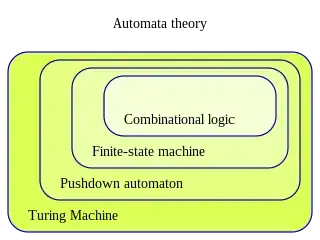I understand that any language worth its salt can encode a Finite state machine. My question is the opposite, is it possible to convert an arbitrary piece of code ( say in C ) to a functionally equivalent Finite State Machine ?
for example if I have a piece of code with a couple of llvm basic blocks (loops, branches etc), can I replace all of them with a giant state machine, which essentially does the same ?
